The airstrike targeted a building in the Dahiyeh area, a southern suburb of Beirut that is a key Hezbollah base. Israel claims it houses drones used by the militant group.

Black smoke rises after an Israeli strike on the outskirts of Beirut. Screenshot.
The November ceasefire has become increasingly precarious in recent weeks. Israel has delayed a withdrawal it promised in January and last week said it had intercepted rockets fired on March 22, leading to airstrikes on targets in southern Lebanon. Hezbollah has denied involvement in the rocket attacks.
Last year, the southern suburbs of Beirut were hit by a series of Israeli airstrikes that killed several senior Hezbollah leaders, including longtime leader Hassan Nasrallah in a September attack.
Israeli Prime Minister Benjamin Netanyahu declared: "Israel will continue to strike anywhere in Lebanon to deal with threats and enforce the ceasefire agreement."
Hezbollah has denied any involvement in the rocket attacks on March 22 and 28. Lebanese President Joseph Aoun said a domestic investigation had found no evidence that Hezbollah was behind the attacks and called the Israeli airstrike on Beirut "unacceptable".
French President Emmanuel Macron, who brokered the November ceasefire, also criticized Israel, saying the airstrikes on Beirut were a violation of the agreement and only benefited Hezbollah.
"The Israeli army must quickly withdraw from the five positions it still occupies on Lebanese territory," Mr. Macron said, announcing that he would discuss the issue with Israeli and US leaders.
Cao Phong (according to AJ, CNN, Reuters)
Source: https://www.congluan.vn/israel-lan-dau-khong-kich-vao-ngoai-o-beirut-ke-tu-sau-lenh-ngung-ban-post340597.html



![[Photo] Close-up of Vietnam's sniffer dog team searching for earthquake victims in Myanmar](https://vstatic.vietnam.vn/vietnam/resource/IMAGE/2025/4/1/d4949a0510ba40af93a15359b5450df2)

![[Photo] Relatives of victims of the earthquake in Myanmar were moved and grateful to the rescue team of the Vietnamese Ministry of National Defense.](https://vstatic.vietnam.vn/vietnam/resource/IMAGE/2025/4/2/aa6a37e9b59543dfb0ddc7f44162a7a7)
![[Photo] Third meeting of the Organizing Subcommittee serving the 14th National Party Congress](https://vstatic.vietnam.vn/vietnam/resource/IMAGE/2025/4/2/3f342a185e714df58aad8c0fc08e4af2)


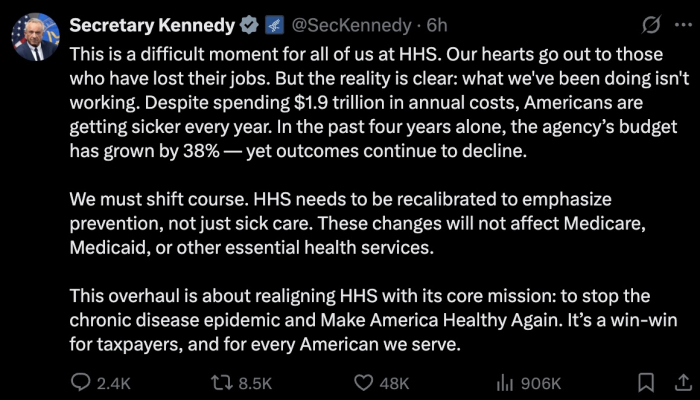

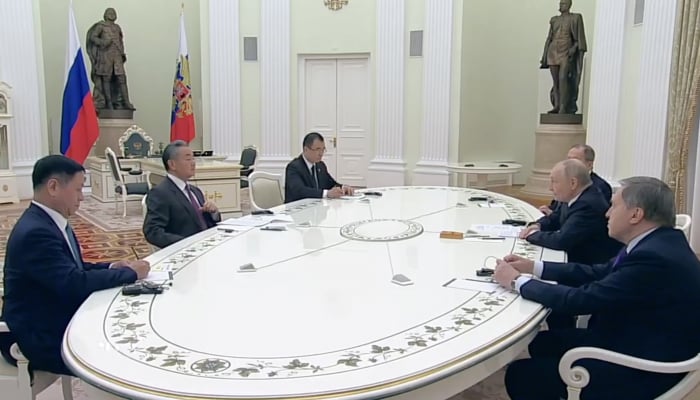






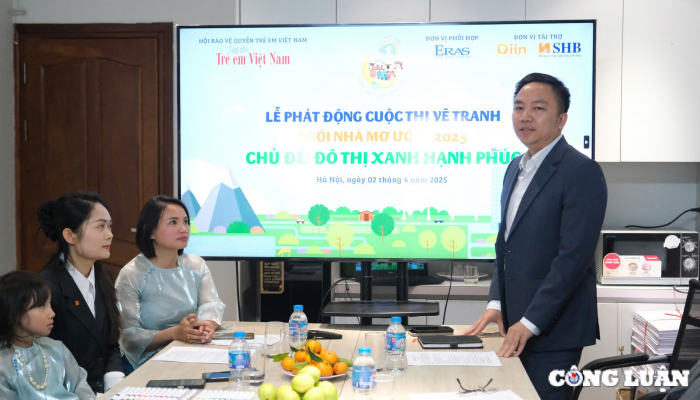
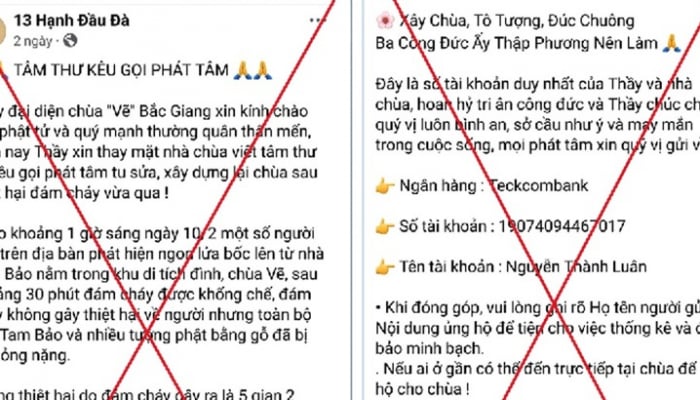
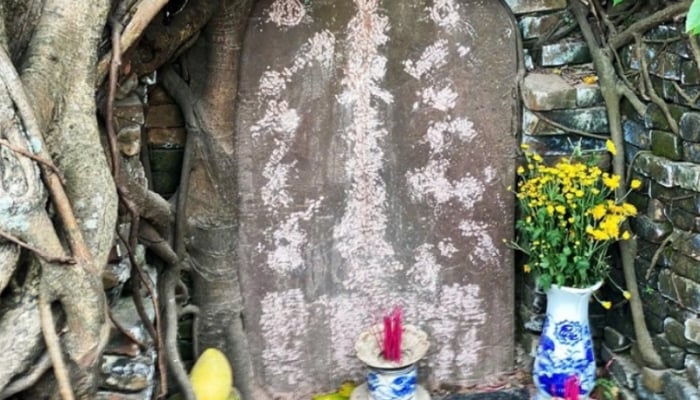
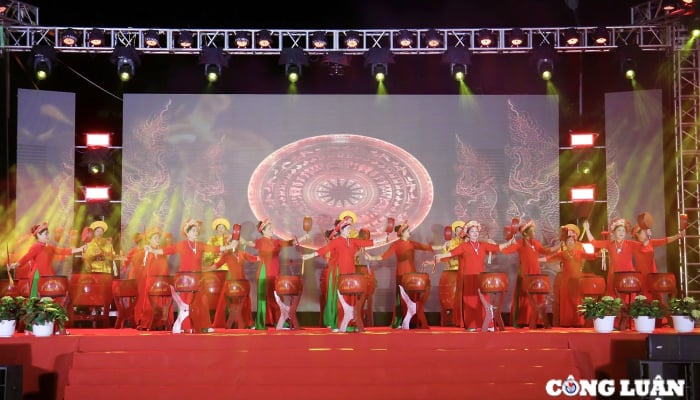

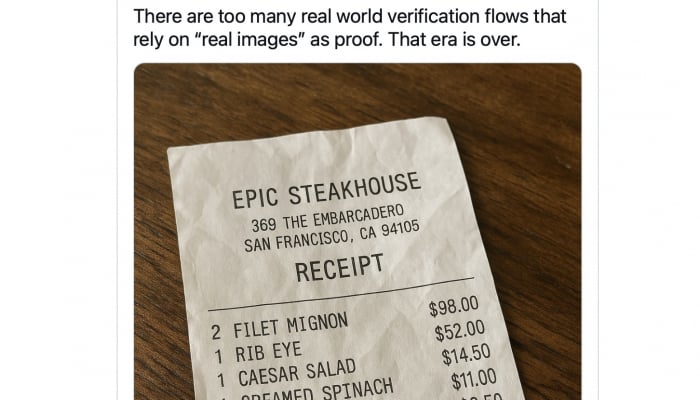






























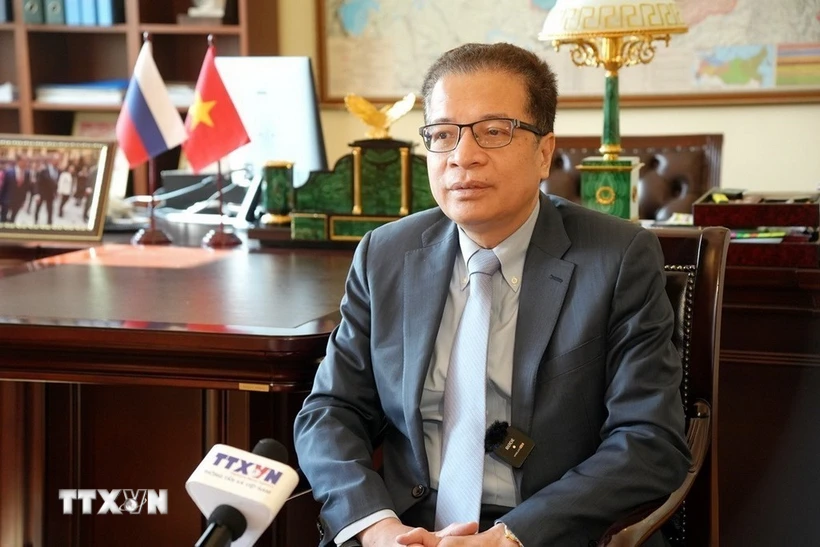


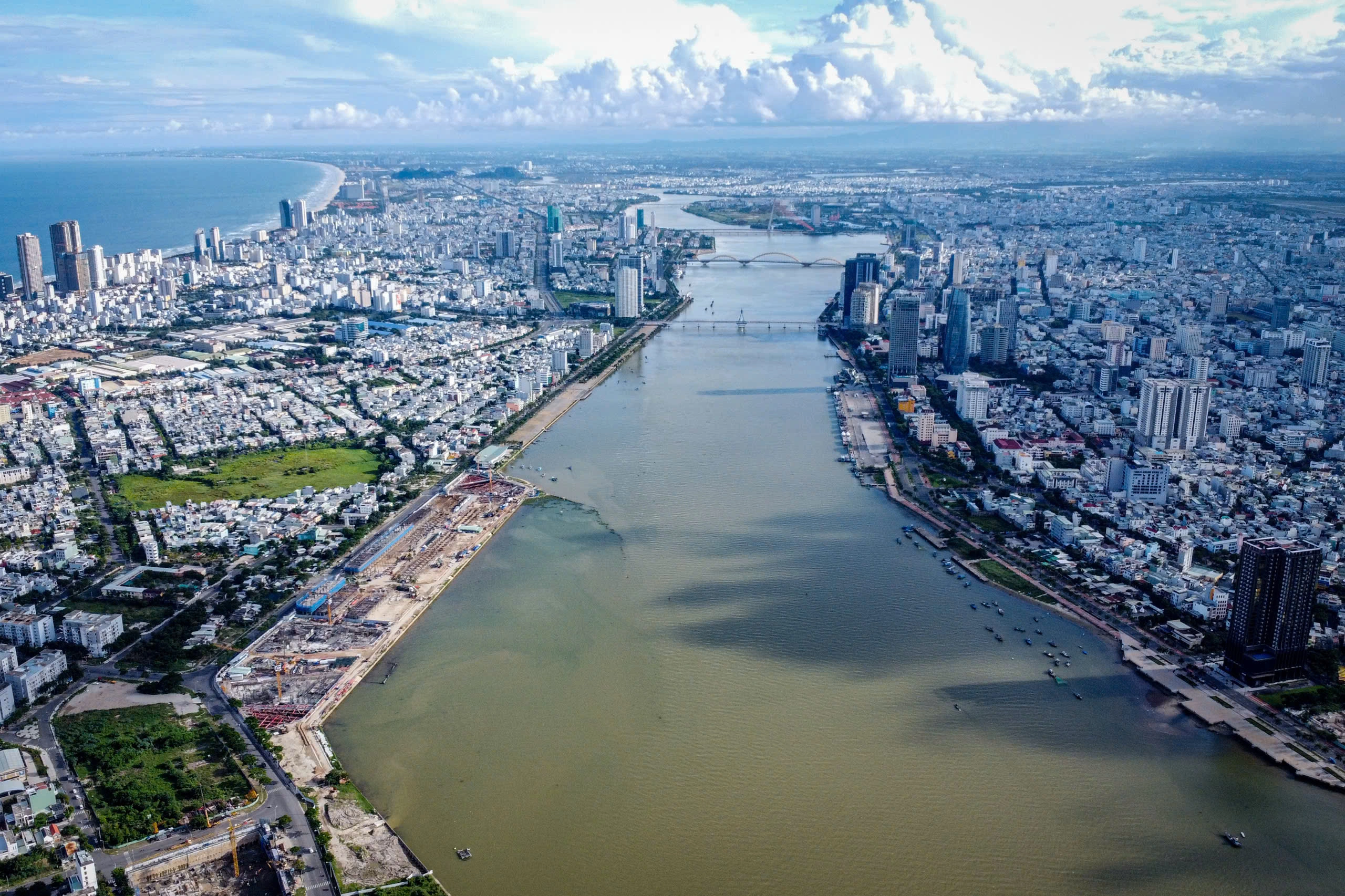

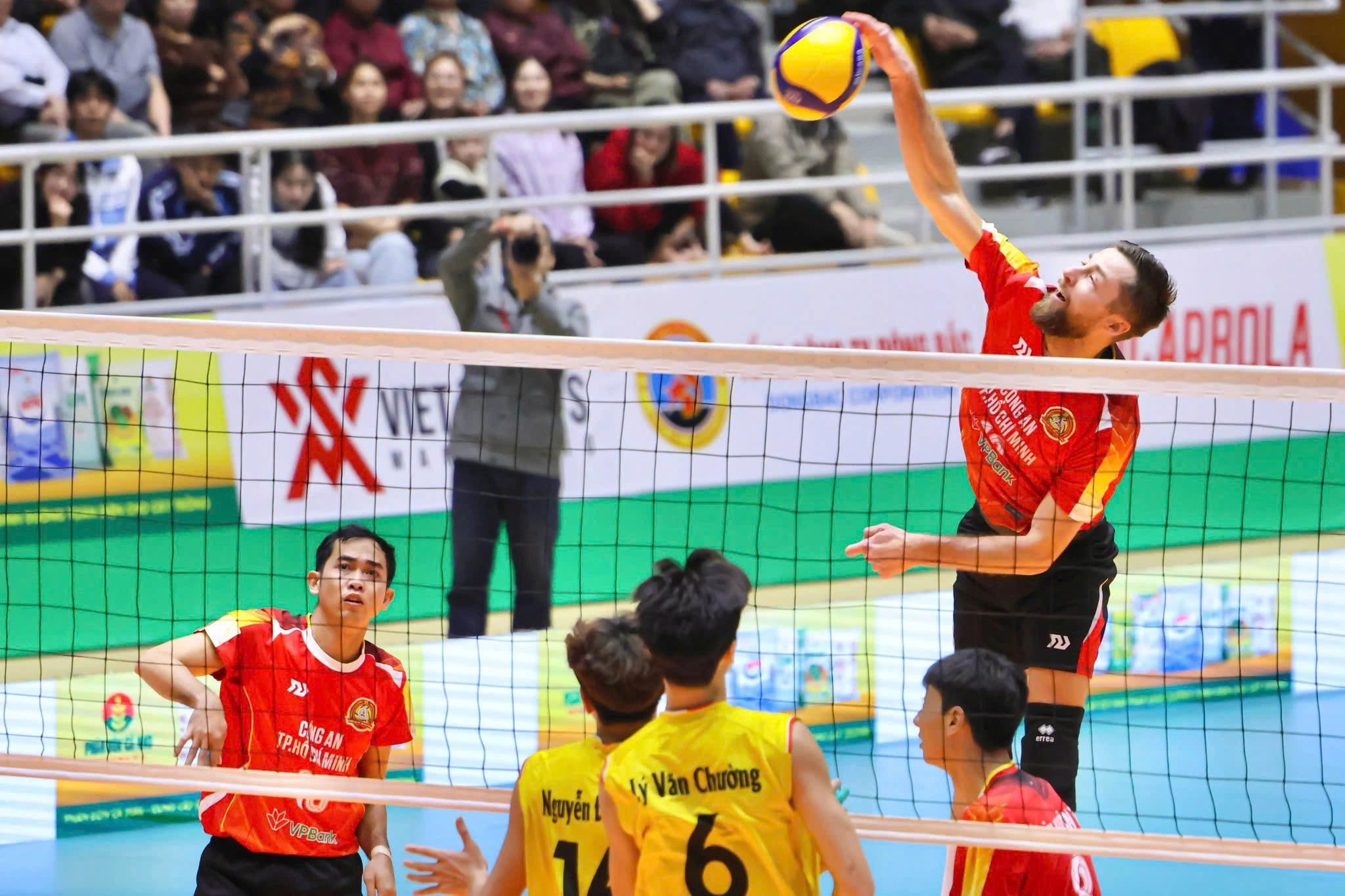


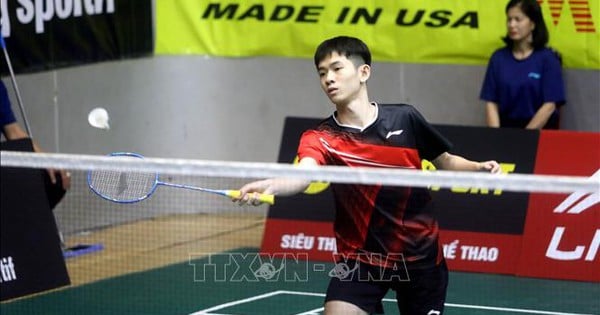


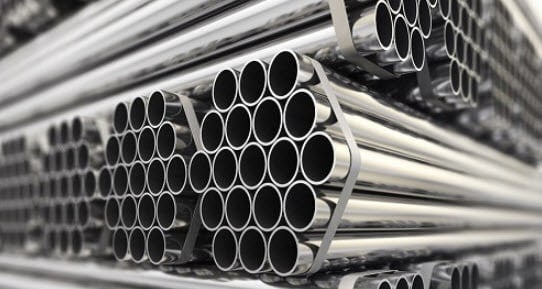


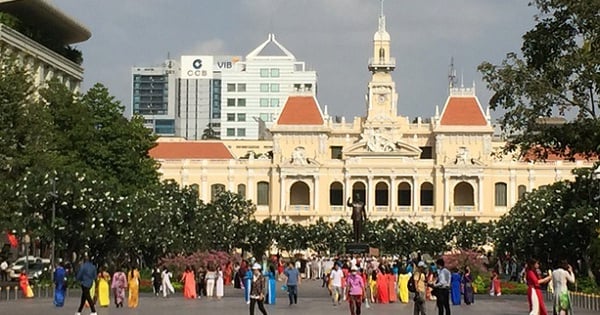
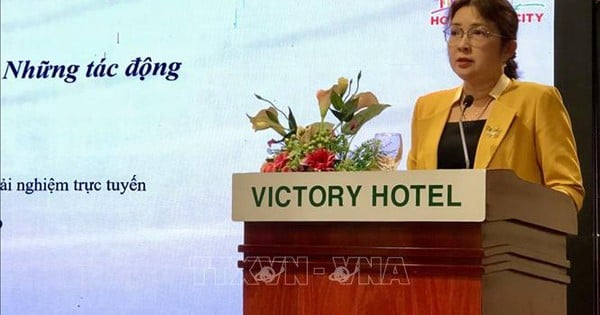




















Comment (0)